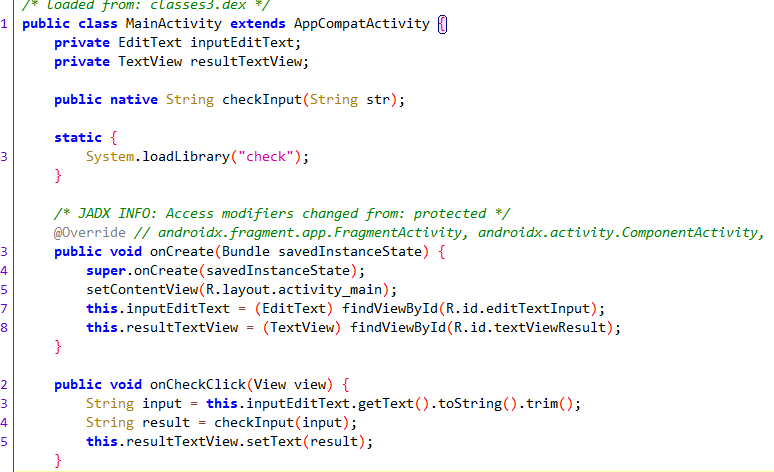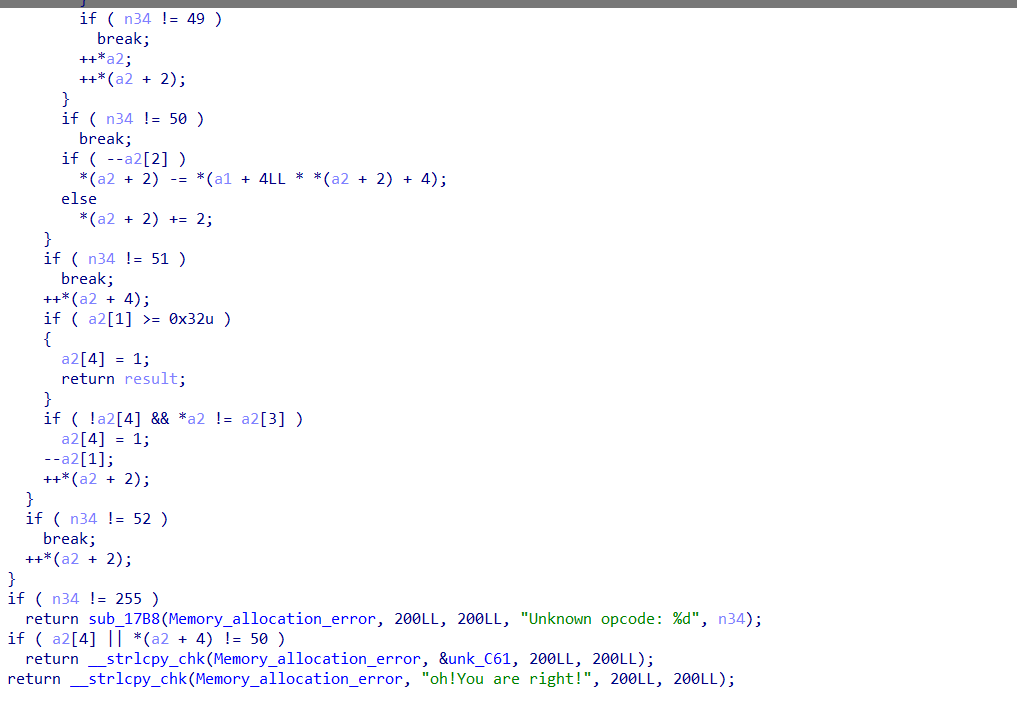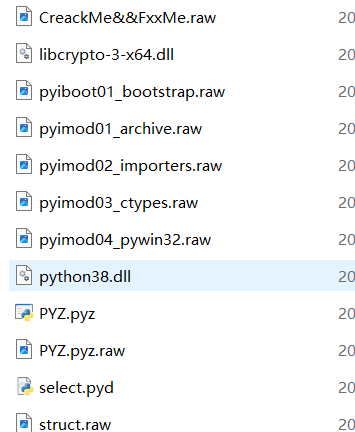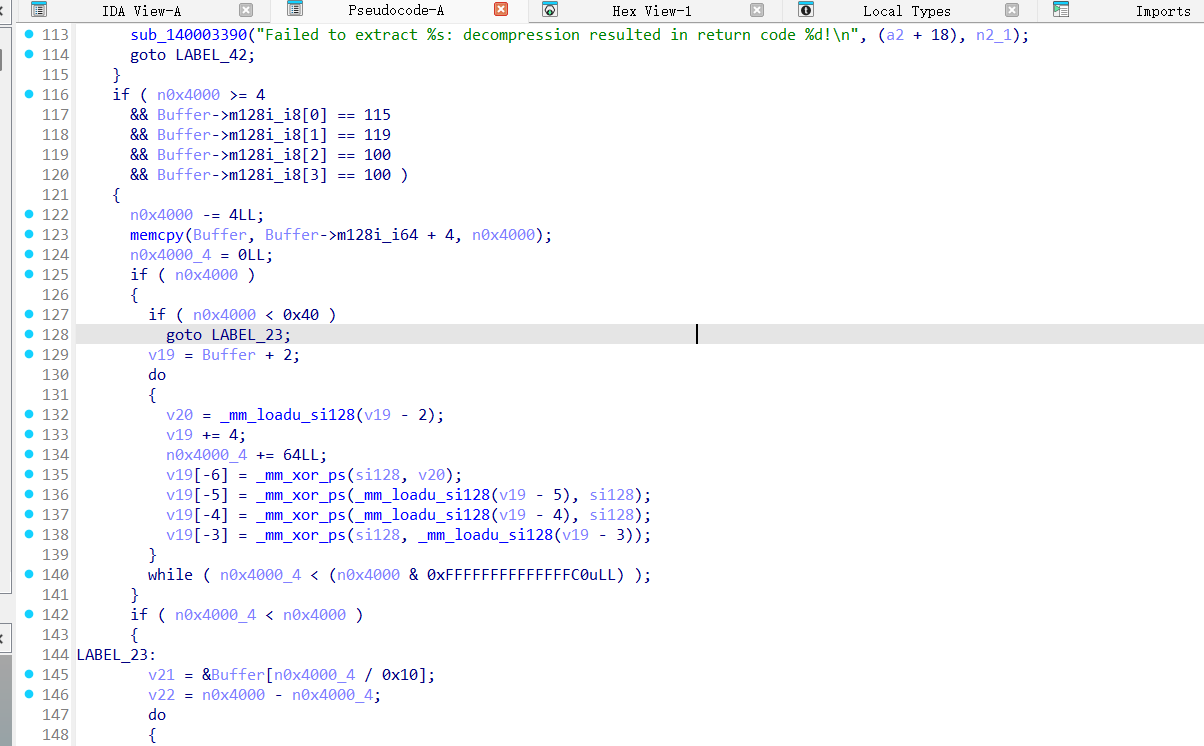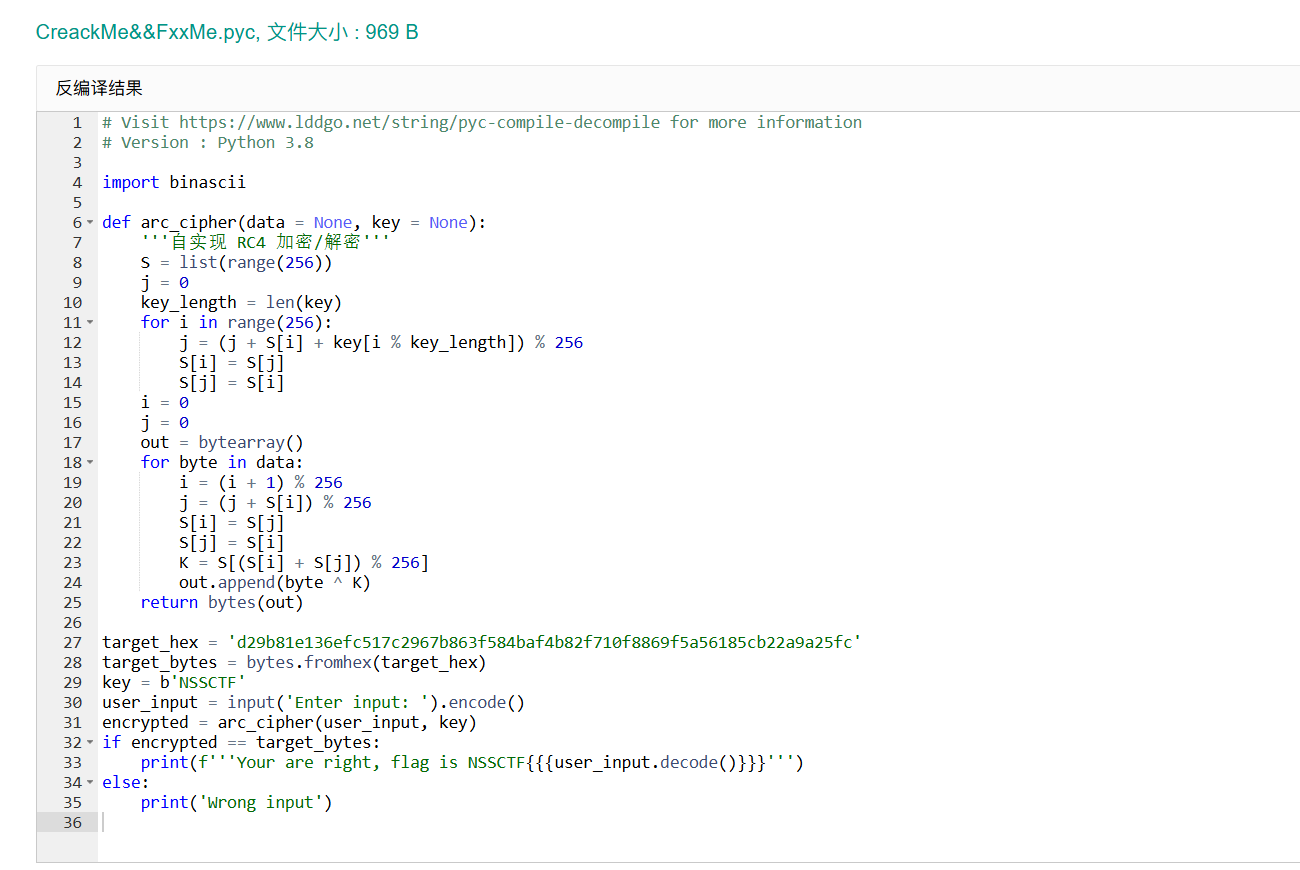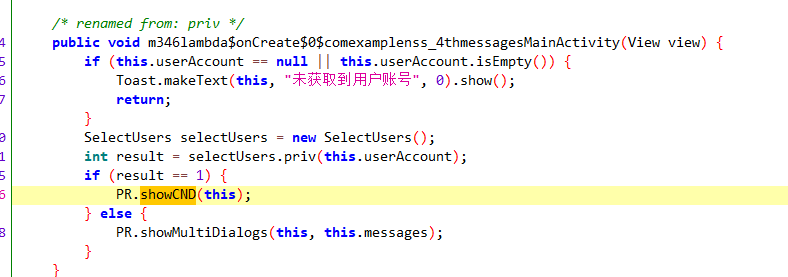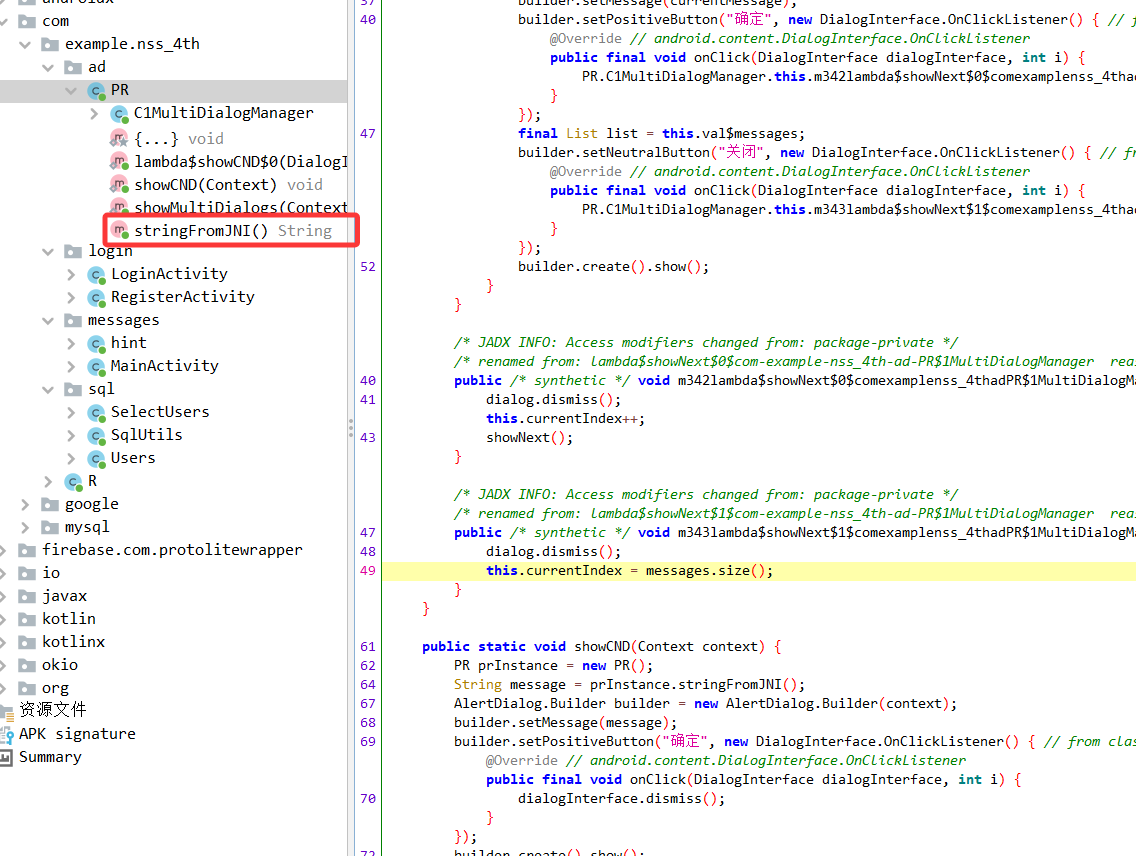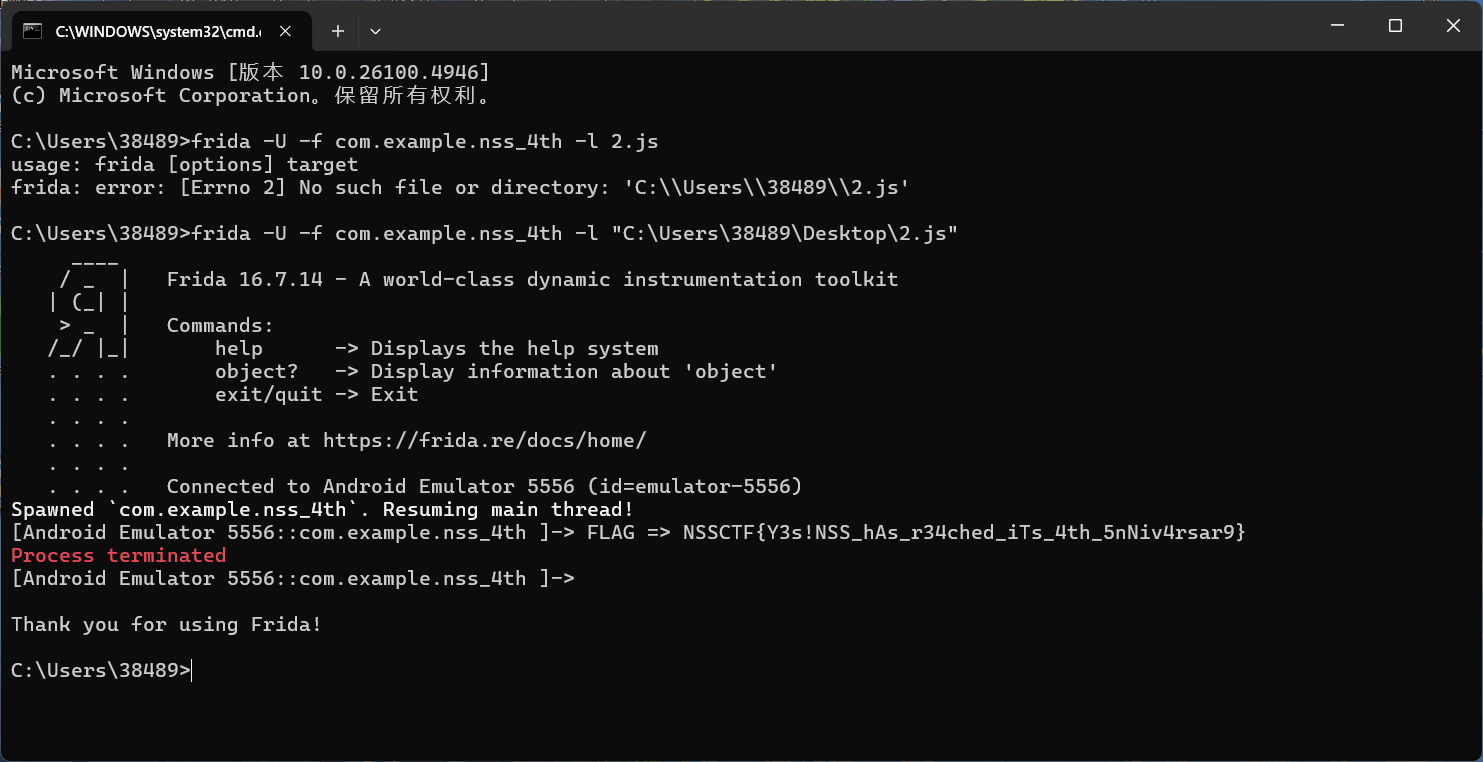1
2
3
4
5
6
7
8
9
10
11
12
13
14
15
16
17
18
19
20
21
22
23
24
25
26
27
28
29
30
31
32
33
34
35
36
37
38
39
40
41
42
43
44
45
46
47
48
49
50
51
52
53
54
55
56
57
58
59
60
61
62
63
64
65
66
67
68
69
70
71
72
73
74
75
76
77
78
79
80
81
82
83
84
85
86
87
88
89
90
91
92
93
94
95
96
97
98
99
100
101
102
103
104
105
106
107
108
109
110
111
112
113
114
115
116
117
118
119
120
121
122
123
124
125
126
127
128
129
130
131
132
133
134
135
136
137
138
139
140
141
142
143
144
145
146
147
148
149
150
151
152
153
154
155
156
157
158
159
160
161
162
163
164
165
166
167
168
169
170
171
172
173
174
175
176
177
178
179
180
181
182
183
184
185
186
187
188
189
190
191
192
193
194
195
196
197
198
199
200
201
202
203
204
205
206
207
208
209
210
211
212
213
214
215
216
217
218
219
220
221
222
223
224
225
226
227
228
229
230
231
232
233
234
235
236
237
238
239
240
241
242
243
244
245
246
247
248
249
250
251
252
253
254
255
256
257
258
259
260
261
262
263
264
265
266
267
268
269
270
271
272
273
274
275
276
277
278
279
280
281
282
283
284
285
286
287
288
289
290
291
292
293
294
295
296
| from __future__ import print_function
import os
import struct
import marshal
import zlib
import sys
from uuid import uuid4 as uniquename
class CTOCEntry:
def __init__(self, position, cmprsdDataSize, uncmprsdDataSize, cmprsFlag, typeCmprsData, name):
self.position = position
self.cmprsdDataSize = cmprsdDataSize
self.uncmprsdDataSize = uncmprsdDataSize
self.cmprsFlag = cmprsFlag
self.typeCmprsData = typeCmprsData
self.name = name
class PyInstArchive:
PYINST20_COOKIE_SIZE = 24
PYINST21_COOKIE_SIZE = 24 + 64
MAGIC = b'MEI\014\013\012\013\016'
def __init__(self, path):
self.filePath = path
self.pycMagic = b'\0' * 4
self.barePycList = []
def open(self):
try:
self.fPtr = open(self.filePath, 'rb')
self.fileSize = os.stat(self.filePath).st_size
except:
print('[!] Error: Could not open {0}'.format(self.filePath))
return False
return True
def close(self):
try:
self.fPtr.close()
except:
pass
def checkFile(self):
print('[+] Processing {0}'.format(self.filePath))
searchChunkSize = 8192
endPos = self.fileSize
self.cookiePos = -1
if endPos < len(self.MAGIC):
print('[!] Error : File is too short or truncated')
return False
while True:
startPos = endPos - searchChunkSize if endPos >= searchChunkSize else 0
chunkSize = endPos - startPos
if chunkSize < len(self.MAGIC):
break
self.fPtr.seek(startPos, os.SEEK_SET)
data = self.fPtr.read(chunkSize)
offs = data.rfind(self.MAGIC)
if offs != -1:
self.cookiePos = startPos + offs
break
endPos = startPos + len(self.MAGIC) - 1
if startPos == 0:
break
if self.cookiePos == -1:
print('[!] Error : Missing cookie, unsupported pyinstaller version or not a pyinstaller archive')
return False
self.fPtr.seek(self.cookiePos + self.PYINST20_COOKIE_SIZE, os.SEEK_SET)
if b'python' in self.fPtr.read(64).lower():
print('[+] Pyinstaller version: 2.1+')
self.pyinstVer = 21
else:
self.pyinstVer = 20
print('[+] Pyinstaller version: 2.0')
return True
def getCArchiveInfo(self):
try:
if self.pyinstVer == 20:
self.fPtr.seek(self.cookiePos, os.SEEK_SET)
(magic, lengthofPackage, toc, tocLen, pyver) = struct.unpack('!8siiii', self.fPtr.read(self.PYINST20_COOKIE_SIZE))
else:
self.fPtr.seek(self.cookiePos, os.SEEK_SET)
(magic, lengthofPackage, toc, tocLen, pyver, pylibname) = struct.unpack('!8sIIii64s', self.fPtr.read(self.PYINST21_COOKIE_SIZE))
except:
print('[!] Error : The file is not a pyinstaller archive')
return False
self.pymaj, self.pymin = (pyver//100, pyver%100) if pyver >= 100 else (pyver//10, pyver%10)
print('[+] Python version: {0}.{1}'.format(self.pymaj, self.pymin))
tailBytes = self.fileSize - self.cookiePos - (self.PYINST20_COOKIE_SIZE if self.pyinstVer == 20 else self.PYINST21_COOKIE_SIZE)
self.overlaySize = lengthofPackage + tailBytes
self.overlayPos = self.fileSize - self.overlaySize
self.tableOfContentsPos = self.overlayPos + toc
self.tableOfContentsSize = tocLen
print('[+] Length of package: {0} bytes'.format(lengthofPackage))
return True
def parseTOC(self):
self.fPtr.seek(self.tableOfContentsPos, os.SEEK_SET)
self.tocList = []
parsedLen = 0
while parsedLen < self.tableOfContentsSize:
(entrySize,) = struct.unpack('!i', self.fPtr.read(4))
nameLen = struct.calcsize('!iIIIBc')
(entryPos, cmprsdDataSize, uncmprsdDataSize, cmprsFlag, typeCmprsData, name) = \
struct.unpack('!IIIBc{0}s'.format(entrySize - nameLen), self.fPtr.read(entrySize - 4))
try:
name = name.decode("utf-8").rstrip("\0")
except UnicodeDecodeError:
name = str(uniquename())
if name.startswith("/"):
name = name.lstrip("/")
if len(name) == 0:
name = str(uniquename())
self.tocList.append(CTOCEntry(self.overlayPos + entryPos, cmprsdDataSize, uncmprsdDataSize, cmprsFlag, typeCmprsData, name))
parsedLen += entrySize
print('[+] Found {0} files in CArchive'.format(len(self.tocList)))
def _writeRawData(self, filepath, data):
nm = filepath.replace('\\', os.path.sep).replace('/', os.path.sep).replace('..', '__')
nmDir = os.path.dirname(nm)
if nmDir != '' and not os.path.exists(nmDir):
os.makedirs(nmDir)
with open(nm, 'wb') as f:
f.write(data)
def _writePyc(self, filename, data):
with open(filename, 'wb') as pycFile:
pycFile.write(self.pycMagic)
if self.pymaj >= 3 and self.pymin >= 7:
pycFile.write(b'\0' * 4)
pycFile.write(b'\0' * 8)
else:
pycFile.write(b'\0' * 4)
if self.pymaj >= 3 and self.pymin >= 3:
pycFile.write(b'\0' * 4)
pycFile.write(data)
def _fixBarePycs(self):
for pycFile in self.barePycList:
with open(pycFile, 'r+b') as f:
f.write(self.pycMagic)
def extractFiles(self):
print('[+] Beginning extraction...please standby')
extractionDir = os.path.join(os.getcwd(), os.path.basename(self.filePath) + '_extracted')
if not os.path.exists(extractionDir):
os.mkdir(extractionDir)
os.chdir(extractionDir)
for entry in self.tocList:
self.fPtr.seek(entry.position, os.SEEK_SET)
data = self.fPtr.read(entry.cmprsdDataSize)
if entry.cmprsFlag == 1:
try:
data = zlib.decompress(data)
assert len(data) == entry.uncmprsdDataSize
except Exception as e:
print('[!] Error decompressing {0}, saving raw. Reason: {1}'.format(entry.name, e))
self._writeRawData(entry.name + ".raw", data)
continue
if entry.typeCmprsData in (b'd', b'o'):
continue
basePath = os.path.dirname(entry.name)
if basePath != '' and not os.path.exists(basePath):
os.makedirs(basePath)
try:
if entry.typeCmprsData == b's':
print('[+] Possible entry point: {0}.pyc'.format(entry.name))
if self.pycMagic == b'\0' * 4:
self.barePycList.append(entry.name + '.pyc')
self._writePyc(entry.name + '.pyc', data)
elif entry.typeCmprsData in (b'M', b'm'):
if data[2:4] == b'\r\n':
if self.pycMagic == b'\0' * 4:
self.pycMagic = data[0:4]
self._writeRawData(entry.name + '.pyc', data)
else:
if self.pycMagic == b'\0' * 4:
self.barePycList.append(entry.name + '.pyc')
self._writePyc(entry.name + '.pyc', data)
else:
self._writeRawData(entry.name, data)
if entry.typeCmprsData in (b'z', b'Z'):
self._extractPyz(entry.name)
except Exception as e:
print('[!] Failed to write {0}, saving raw. Reason: {1}'.format(entry.name, e))
self._writeRawData(entry.name + ".raw", data)
self._fixBarePycs()
def _extractPyz(self, name):
dirName = name + '_extracted'
if not os.path.exists(dirName):
os.mkdir(dirName)
with open(name, 'rb') as f:
pyzMagic = f.read(4)
if pyzMagic != b'PYZ\0':
print('[!] Not a valid PYZ, saving raw')
self._writeRawData(name + ".raw", pyzMagic + f.read())
return
pyzPycMagic = f.read(4)
if self.pycMagic == b'\0' * 4:
self.pycMagic = pyzPycMagic
elif self.pycMagic != pyzPycMagic:
self.pycMagic = pyzPycMagic
print('[!] Warning: pyc magic changed inside PYZ')
if self.pymaj != sys.version_info.major or self.pymin != sys.version_info.minor:
print('[!] Python version mismatch, skipping PYZ extraction')
self._writeRawData(name + ".raw", f.read())
return
try:
(tocPosition,) = struct.unpack('!i', f.read(4))
f.seek(tocPosition, os.SEEK_SET)
toc = marshal.load(f)
except:
print('[!] Unmarshalling failed, saving raw PYZ')
f.seek(0)
self._writeRawData(name + ".raw", f.read())
return
if isinstance(toc, list):
toc = dict(toc)
for key in toc.keys():
ispkg, pos, length = toc[key]
f.seek(pos, os.SEEK_SET)
fileName = key
try:
fileName = fileName.decode('utf-8')
except:
pass
fileName = fileName.replace('..', '__').replace('.', os.path.sep)
if ispkg == 1:
filePath = os.path.join(dirName, fileName, '__init__.pyc')
else:
filePath = os.path.join(dirName, fileName + '.pyc')
fileDir = os.path.dirname(filePath)
if not os.path.exists(fileDir):
os.makedirs(fileDir)
try:
data = f.read(length)
data = zlib.decompress(data)
self._writePyc(filePath, data)
except:
print('[!] Error decompressing {0}, saving raw'.format(filePath))
self._writeRawData(filePath + ".raw", data)
def main():
if len(sys.argv) < 2:
print('[+] Usage: python exp.py <filename>')
return
arch = PyInstArchive(sys.argv[1])
if not arch.open():
return
if not arch.checkFile():
arch.close()
return
if not arch.getCArchiveInfo():
arch.close()
return
arch.parseTOC()
arch.extractFiles()
arch.close()
print('[+] Extraction finished. Check the "_extracted" folder for files.')
if __name__ == '__main__':
main()
|
